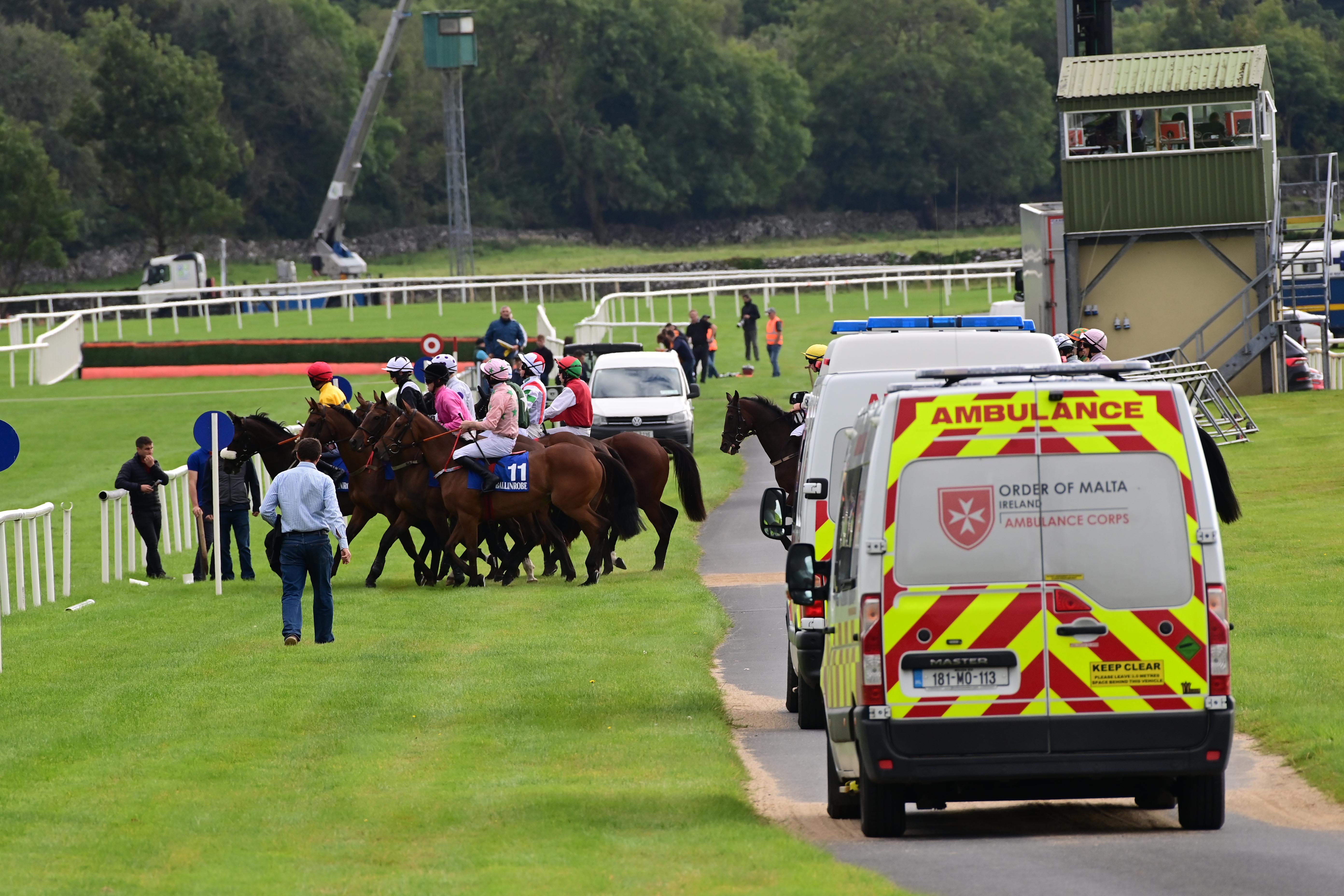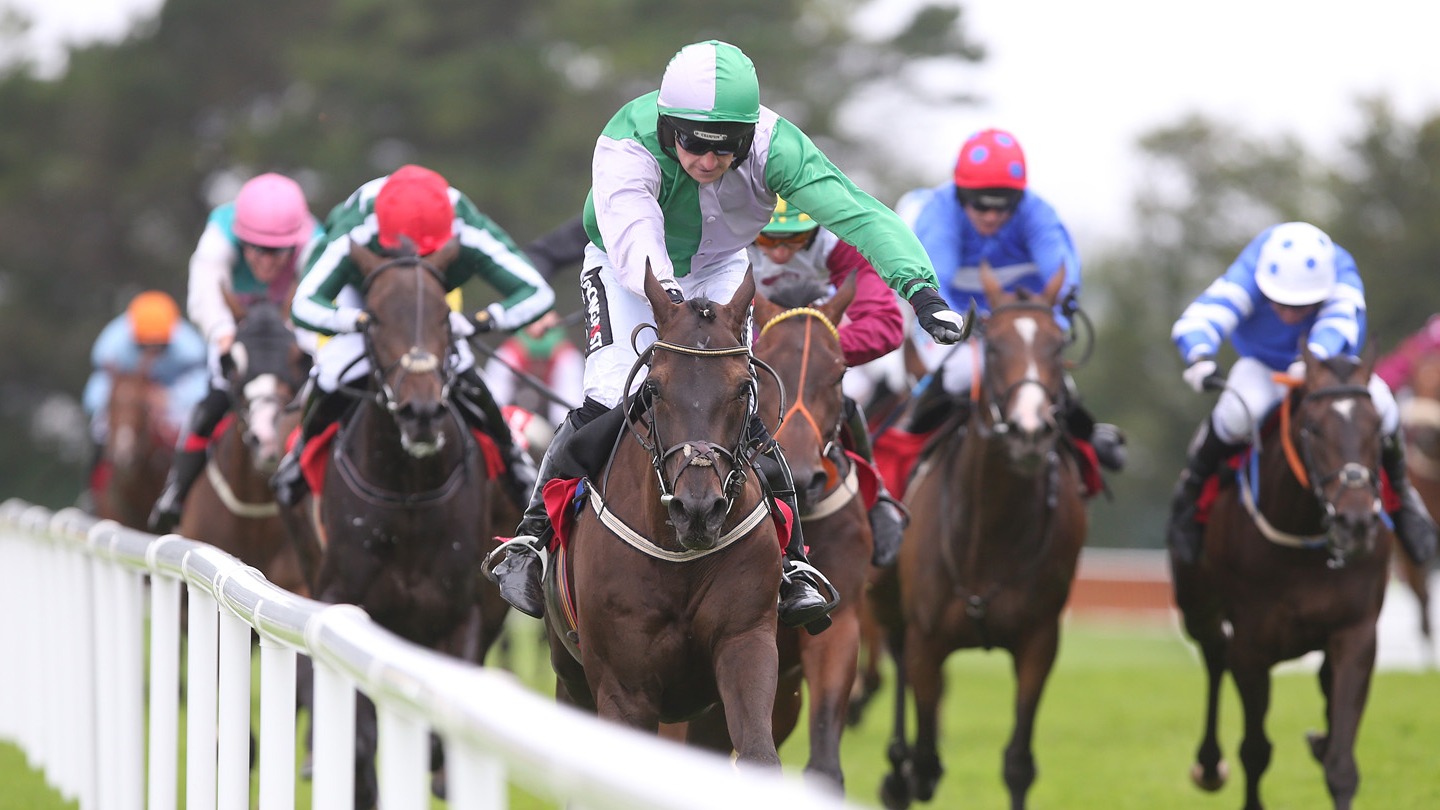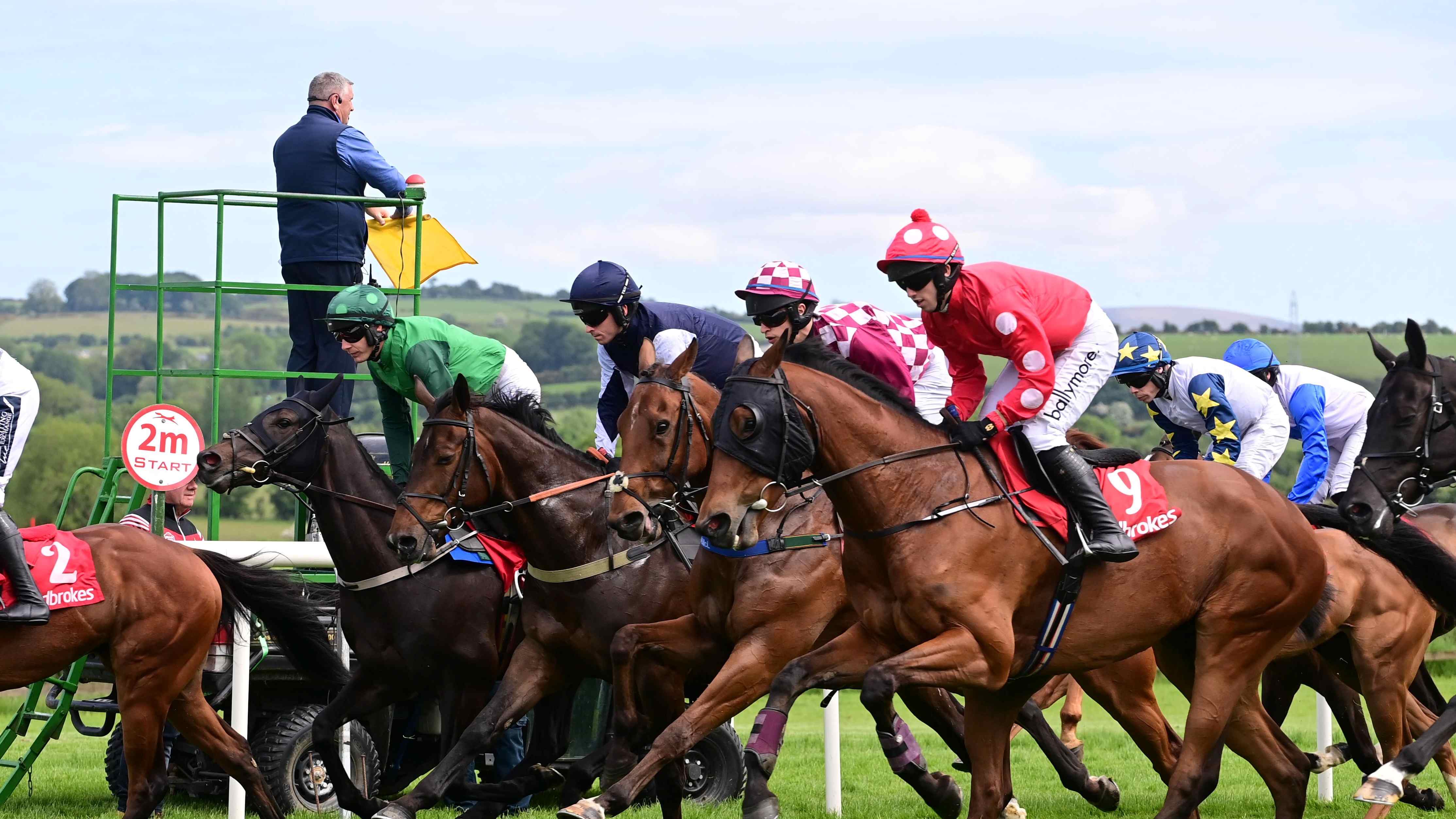
Jockey Medical Information

Testing can occur on any racecourse on any day and without advance notice.
-
Baseline Neuropsychological Testing
All jockeys will have baseline testing every two years.
Concussion testing will take place at one of four regional centres. These centres are located in private (independent) clinics or G.P. surgeries and trained nurses at each location carry out the NP testing on behalf of the IHRB.You must bring valid Photo ID to the appointment.
Each jockey will be required to:
-
Complete a computerised Neuro-psychological test called ImPACT
-
A series of pen and paper tests (SCOLP, Digit Span, SDMT:Symbol Digit Modalities Test, Colour Trails, STROOP)
-
GAD7 and PHQ9 Questionnaires
The process will take about 60 minutes to complete. The tests will then be evaluated by one of a team of Clinical Neuro-psychologists retained by the IHRB.
-
-
Only the below centres are approved to conduct IHRB concussion tests
Mallow, Co. CorkRed House Family Practice, Mallow Primary Health Care Centre, Mallow Business
Park, Mallow, Co Cork P51 PE00.
Tel: 022 21478
Contact email if necessary: [email protected]Naas, Co. Kildare
Vista Primary Care Centre, Ballymore Eustace Road, Naas, Co Kildare
Tel: 045 848701 / 086 0282977
Contact Persons if necessary: Maria LloydSantry, Co. Dublin
Sports Surgery Clinic, Unit 10 Gulliver’s Retail Park, Northwood, Santry, Dublin 9
Tel: 01 5262030
Contact email if necessary: [email protected]Belfast, Northern Ireland
Sports Medicine NI, Unit 3, 40 Montgomery Road, Belfast BT6 9HL
Tel: 028 90190290
Contact email if necessary: [email protected] -
Concussion Screening on raceday
Any Jockey who has a fall on Raceday must present themselves to the IHRB Medical Officer at the track for a concussion screening assessment, which includes the following:- Symptom Check eg headache, nausea, dizziness
- Maddox Questions eg "what track are we at today?", "what horse won the Derby this year?"
- Balance Testing
- Monitoring Clinical Signs
- Viewing Footage of the Fall
- Helmet Check
For those cases meeting the criteria for immediate removal or with an obvious concussion, the SCAT 6 may not always be completed.
The IBRB Medical Officer may stand the Jockey down temporarily on raceday to complete their assessment.
Where no diagnosis of concussion has been made, the Jockey may return to race riding on the same day.
Where a diagnosis of concussion has been made, the Jockey will be stood down and placed on Medical Alert. The IHRB Chief Medical Officer will be informed, and the Jockey must comply with all directions of the IHRB Chief Medical Officer in relation to their treatment and rehabiliation prior to being permitted to return to race riding. -
After Diagnosis of concussion
- The Jockey will be reviewed and advised by the IHRB Chief Medical Officer and placed on the Return to Ride Protocol.
- The Jockey may only return to riding out and race riding when the IHRB Chief Medical Officer is satisfied that it is safe for the Jockey to do so and following an independent post-concussion evaluation.
- The post-concussion assessment will be arranged by the IHRB at an approved clinic when the IHRB Chief Medical Officer deems the Jockey fit to undergo the assessment. This will not take place before seven days post-concussion and is decided based on the clinical status of the Jockey.
- The post-concussion assessment includes:
- Neuro-psychological testing with comparison made to baseline neuro-psychological tests by an IHRB approved Neuropsychologist.
- Assessment by an IHRB approved sports physician.
- Buffalo Test, balance testing and any other assessment measure as approved by the IHRB
- If a Jockey fails the post-concussion assessment, they will remain restricted from riding by the IHRB Chief Medical Officer.
- The Jockey may only be referred for further post-concussion evaluations after intervals of at least seven days or such other time frame as directed by the IHRB Chief Medical Officer.
- The Jockey may be required by the IHRB Chief Medical Officer to attend for examination by a consultant Neurologist or Neurosurgeon.

Post Concussion
Return to riding protocol